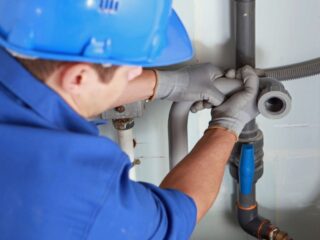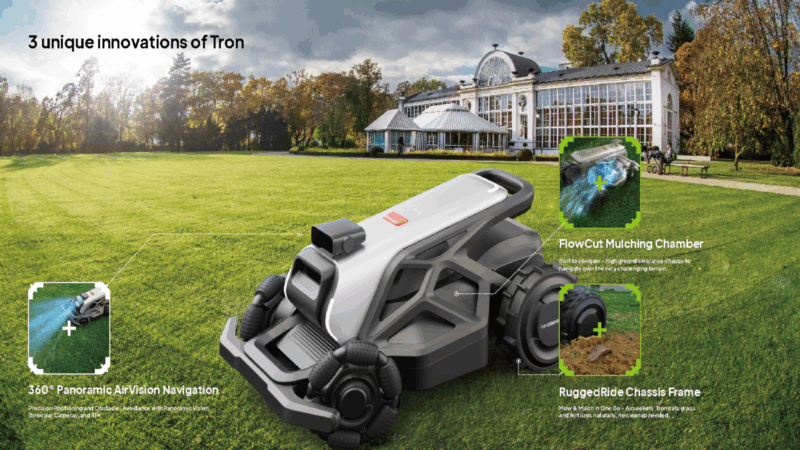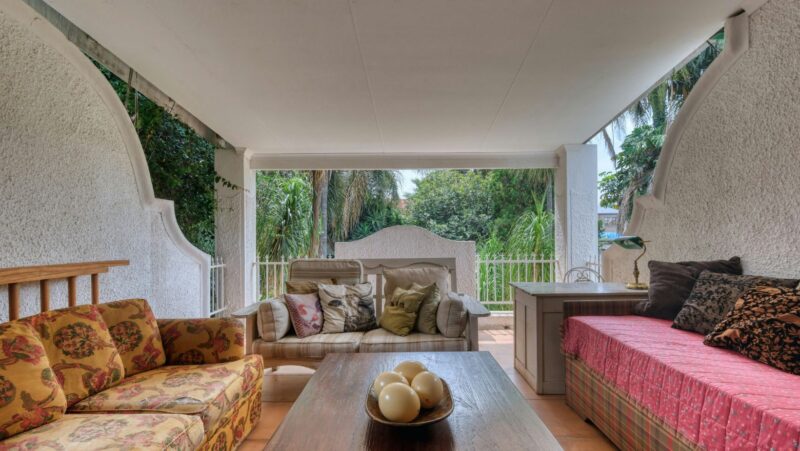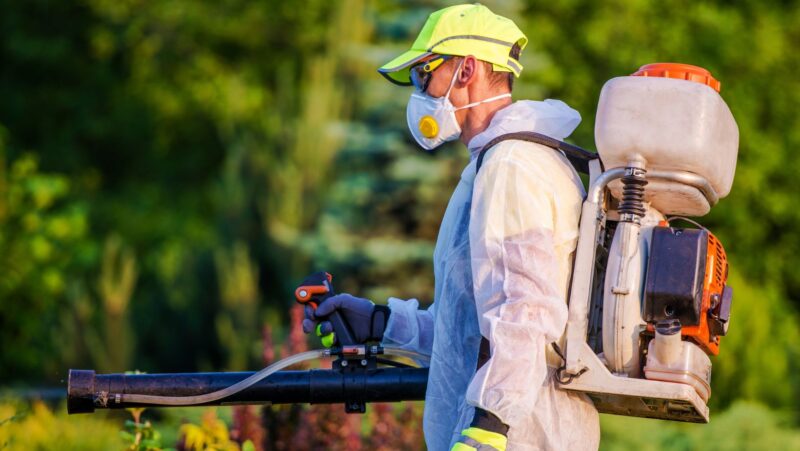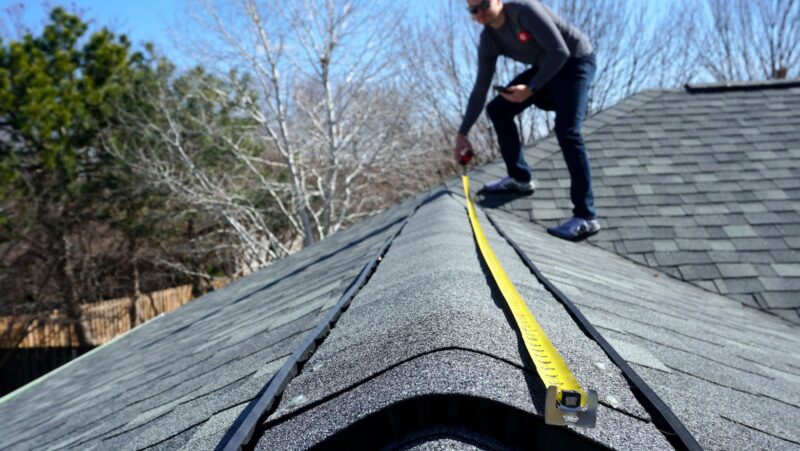
Owning a pool can be a source of endless fun and relaxation, but it also comes with the responsibility of regular maintenance. A well-maintained pool ensures safe, clean water for swimming and extends the lifespan of your pool equipment. This blog will provide you with essential tips for maintaining a pristine pool year-round, covering daily, weekly, and monthly tasks, as well as seasonal considerations and tips for different climates.
Daily Maintenance Tips
To keep your pool in top condition, it’s important to perform some basic maintenance tasks daily. These simple steps will help prevent larger issues down the line and keep your pool looking inviting.
First, make it a habit to skim the pool surface daily. Leaves, bugs, and other debris can quickly accumulate and affect the water quality. Use a long-handled net to remove any floating debris before it sinks to the bottom.
Next, check and adjust the water level. Pool water can evaporate quickly, especially in hot weather, or spill out during heavy use. Ensure the water level is at the midpoint of your pool skimmer for optimal filtration.
Lastly, inspect your pool equipment, including the pump, filter, and skimmers, to ensure everything is functioning properly. Look for any signs of wear or damage and address them immediately to prevent costly repairs.
Weekly Maintenance Routine
In addition to daily tasks, a consistent weekly maintenance routine is crucial for keeping your pool water clean and balanced. Here’s what you should do every week:
Start by testing the water chemistry. Use a pool testing kit to check the pH, chlorine, and alkalinity levels. The ideal pH range is 7.4 to 7.6, chlorine should be between 1.0 to 3.0 parts per million (ppm), and alkalinity should be between 80 to 120 ppm. Adjust the levels as necessary by adding the appropriate chemicals.
Next, add any necessary chemicals to maintain the water balance. This may include chlorine to sanitize the water, pH adjusters, and algaecide to prevent algae growth. Always follow the manufacturer’s instructions and handle chemicals with care.
Brushing the walls and tiles of your pool is essential to prevent algae and calcium buildup. Use a pool brush to scrub the sides and bottom of the pool, paying special attention to corners and other hard-to-reach areas.
Vacuum the pool floor to remove any debris that has settled. You can use a manual vacuum or an automatic pool cleaner. This helps keep the pool floor clean and reduces the strain on your pool’s filtration system.
Monthly Maintenance Tasks
Certain maintenance tasks need to be done on a monthly basis to ensure your pool stays in great shape:
Inspect and clean the pool filter. Whether you have a sand, cartridge, or diatomaceous earth (DE) filter, it needs regular cleaning to function effectively. A clogged filter can lead to poor water circulation and cloudy water.
Check for any leaks and cracks in the pool structure. Addressing these issues promptly can prevent more significant damage and expensive repairs. Look for damp spots around the pool area, a drop in water level, or cracks in the pool surface.
Clean your pool accessories and toys. Regularly wash items such as floats, diving boards, and pool ladders to prevent dirt and algae buildup.
Seasonal Maintenance Considerations
As the seasons change, so should your pool maintenance routine:
Winter Preparation: If you live in a region with cold winters, it’s essential to winterize your pool. Lower the water level, add winterizing chemicals, and cover the pool to protect it from debris and freezing temperatures.

Summer Preparation: As you get ready to open your pool for the summer, remove the cover, clean the pool thoroughly, and balance the water chemistry. Inspect all equipment and ensure everything is in working order.
Adjust your maintenance routine according to the season. During summer, you may need to clean more frequently due to increased use and higher temperatures. In the fall, focus on removing leaves and other debris.
Maintaining Pools in Different Climates
Different climates require different pool maintenance strategies:
Hot and Dry Climates: In hot, dry regions, water evaporation is a significant concern. Regularly check and maintain the water level and ensure adequate water circulation to prevent algae growth. Use a pool cover to reduce evaporation and debris accumulation when the pool is not in use.
Humid and Rainy Climates: High humidity and rainfall can dilute pool chemicals and promote algae growth. Test the water more frequently and adjust the chemical levels as needed. Ensure proper drainage around the pool to prevent rainwater from contaminating the pool water.
Cold Climates: Winterizing your pool is crucial in colder regions. Follow the appropriate steps to close your pool for the winter and protect it from freezing temperatures. If you’re in an area that experiences moderate winters, you may not need to close your pool but should still take steps to protect it during cold snaps.
For those in regions like Melbourne, where climates change regularly, adjusting your pool maintenance routine to the current climate is essential. Pool maintenance Melbourne style involves regular checks and adjustments to keep your pool in top condition year-round, considering the city’s unique weather patterns.
Troubleshooting Common Pool Problems
Even with diligent maintenance, you may encounter common pool problems. Here’s how to address them:
Cloudy Water: This can be caused by poor filtration, imbalanced water chemistry, or algae. Check and clean the filter, balance the water chemistry, and use a pool clarifier if needed.
Algae Growth: Algae can turn your pool green and make the surfaces slippery. Shock the pool with a high dose of chlorine and use an algaecide to kill and prevent algae. Brush the pool surfaces and run the filter continuously until the water clears.
Pool Stains and Scaling: Stains and scale buildup can occur from metals or calcium in the water. Use a stain remover for minor stains or an acid wash for more severe cases. To prevent scaling, maintain proper water balance and regularly clean the pool surfaces.
Using Professional Services
Sometimes, maintaining your pool requires professional expertise. Here’s when to consider hiring a professional pool service:

Complex Repairs: For significant repairs, such as fixing leaks or replacing equipment, it’s best to hire a professional to ensure the job is done correctly.
Routine Maintenance: If you don’t have the time or expertise to maintain your pool, professional services can handle regular cleaning, chemical balancing, and inspections.
Opening and Closing: Professionals can help with opening your pool for the summer and closing it for the winter, ensuring everything is done properly.
Finding a reputable pool service provider involves checking reviews, asking for recommendations, and ensuring they are certified and experienced.
Conclusion
Maintaining a pristine pool year-round involves regular daily, weekly, and monthly tasks, as well as adjustments for different seasons and climates. By following these essential tips and knowing when to call in professional help, you can enjoy a clean, safe, and inviting pool all year long. Consistency is key, so establish a maintenance routine that works for you and stick to it. Happy swimming!


